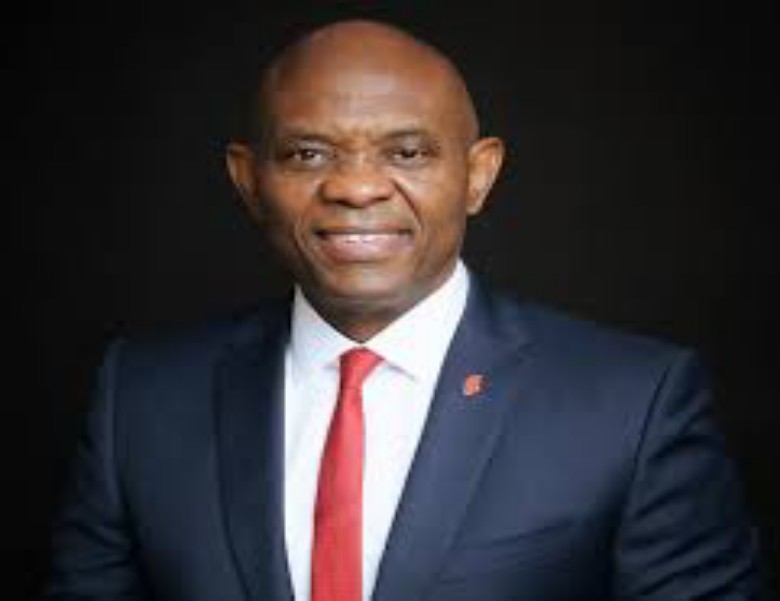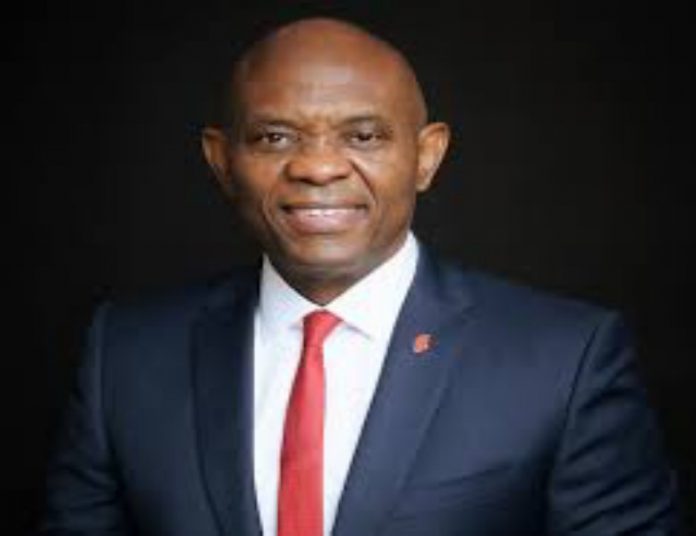By Godwin Onyeacholem
For blowing the whistle on wrongdoing and misconduct in their organisations, workers are often faced with all kinds of passive and active punishments, with the worst-case proof of retaliation being dismissal from work or even death, in the most unforgiving pursuit of vengeance.
Whistleblowing in the workplace is an act of reporting or speaking up against wrongdoing in the office space. It is a right of expression that is fundamental to the concept of human freedom, yet organisations have failed to come to terms with this reality. No wonder whistleblowing remains underutilised as a corporate governance tool.
And even where organisations pretend otherwise, their conduct invariably shows that they see whistleblowing as more of an irritant than the accountability instrument that it is. That is why, rather than tackle the message from a whistleblower, the temptation for employers is to shoot the messenger.
That is the scenario in most organisations where mistakes are difficult to admit. And thanks to the Foundation for Investigative Journalism (FIJ), it’s the story that is currently unfolding on Oyin Jolayemi street in Victoria Island, inside the Customer Fulfilment Centre (CFC) of the United Bank for Africa (UBA), a round-the-clock facility responding to enquiries, complaints and requests to the bank’s services.
UBA outsourced the employment of workers in that facility to some external recruitment companies, meaning that all the workers there are contract staff. In most organisations in this clime, such staff, because of their status, are often treated shabbily and come off with a gutted dignity as a result of the high-handedness of their managers and supervisors.
In the past month or thereabouts, FIJ has published exclusive, breathtaking serials on the different stomach-churning tales of harassment, bullying and unethical practices perpetrated by bosses in the multimedia wing of the facility. The maltreatment of the workers went on unchecked for a long time, even when the bosses who were supposed to address the complaints received the reports.
Determined to attract the needed attention to their concerns, one brave staff member who assumed the anonymity of Flourish Adeleke escalated their grievances via a lengthy email to Tony Elumelu, the bank’s chairman, chronicling the ordeal of workers in that department of CFC and copying Oliver Alawuba, the bank’s managing director, and a few other top guns in the bank.
Instead of looking into the complaints in the email, UBA succumbed to that rampant default mode of ignoring the message and opted for hunting for the whistleblower’s head. Whoever was behind the message must be found out and dealt with by all means.
Frustrated by not being able to fish out the whistleblower despite its efforts, the bank had gone on to exhibit the type of arbitrariness that ought not to be linked with it.
Barely one week after receiving the email, the UBA management forced the contracting firm(s) to issue sack letters to no less than 12 staff in the CFC, a majority of them from the multimedia department, randomly fingered as the persons behind the disclosures in the email. Among the staff fired was Emmanuel James, a hard-working young man in the department who had by then just received notification as one of the successful applicants in the UBA Graduate Management Accelerated Programme (GMAP).

Until very recently, staff in the CFC were disqualified from applying for the programme. James was only lucky to be around at a time when the policy was reversed. Just two days to joining his colleagues for the beginning of the training, he showed up at work and was stopped at the gate. He was told that he no longer has a job in the bank.
To worsen his trouble, he was taken off the graduate training programme. James had been overwhelmed with distraught since then and is reportedly gradually slipping into depression.
Neither he nor the other dismissed staff were confronted with any evidence of their culpability in originating the mail before that clearly misguided action was taken. And even if there was evidence that they were behind it, is a dismissal the appropriate response to whistleblowing? Absolutely not.
The Revised Code of Corporate Governance for Banks in Nigeria (2012), in Section 5.3.1, says “banks shall have a whistleblowing policy made known to employees and other stakeholders.” The Central Bank of Nigeria (CBN) also has guidelines for whistleblowing for banks and other financial institutions in Nigeria, which it unveiled in 2014. This means that banks and similar institutions must create and maintain internal whistleblowing programmes as a means of achieving transparency and accountability in their operations.
The guidelines apply to all financial institutions regulated by the CBN and provide for the reporting of financial and ethical misconduct of employees, directors, management and other stakeholders of banks and other financial institutions to appropriate authorities. Actions that are harmful to health and safety, such as the ones served on workers in the UBA CFC by their bosses, are also covered in the guidelines.
To evaluate the effectiveness of the whistleblowing policy in banks, CBN, in line with Section 1.2.4 of its guidelines, requires banks to render reports on a quarterly basis on their compliance with the whistleblowing policy. Banks are expected to collate data and information on reported cases, investigations and outcomes and submit them to the CBN. How many banks honour this specific guideline? And what has the CBN done or is doing to ensure compliance?
It’s not a thing of surprise that whistleblowing is poorly implemented in most organisations, including the banks. All the banks have internal whistleblowing systems. UBA has its own, for instance, whose presence is affirmed on the bank’s website, but most of the workers in the bank don’t know a thing about the policy. Not one single staff in the CFC could confirm seeing the bank’s whistleblowing policy at any time, much less being informed about it or exposed to any training on how it can be used.
The effectiveness of any internal whistleblowing programme is anchored on workers’ awareness and understanding of the procedures for making disclosures and available safeguards and remedies. Having a whistleblowing system in an organisation would amount to nothing if workers don’t know about it and are trained on how to engage it.
So, the whistleblowers in UBA have not committed any offence by submitting their complaints to the bank’s management. In any case, it was done through one of the channels of reporting prescribed by the bank: email. They could have also reported to CBN or other relevant authorities if they wanted to.
And regarding protection, banks and financial institutions are prohibited from subjecting whistleblowers to any form of detriment or retaliation, including dismissal, termination or withholding benefits. Any whistleblower who suffers retaliation can file complaints to the CBN.
No one is encouraging the dismissed staff on account of whistleblowing in UBA to take that route now. One would only appeal to Elumelu to right the wrongs by returning all those sacked to work and ensuring that James joins his colleagues in the graduate management programme, in the interest of justice.
Anything short of this would likely portray UBA as one of those typical institutions steeped in the culture of tyranny, arrogance, disrespect, and insensitivity to the values of accountability that acknowledge mistakes, build trust, and create a strong working environment. These are unflattering traits with which UBA must do all it can to avoid the temptation of being publicly associated.
Onyeacholem is a journalist and a whistleblowing activist


